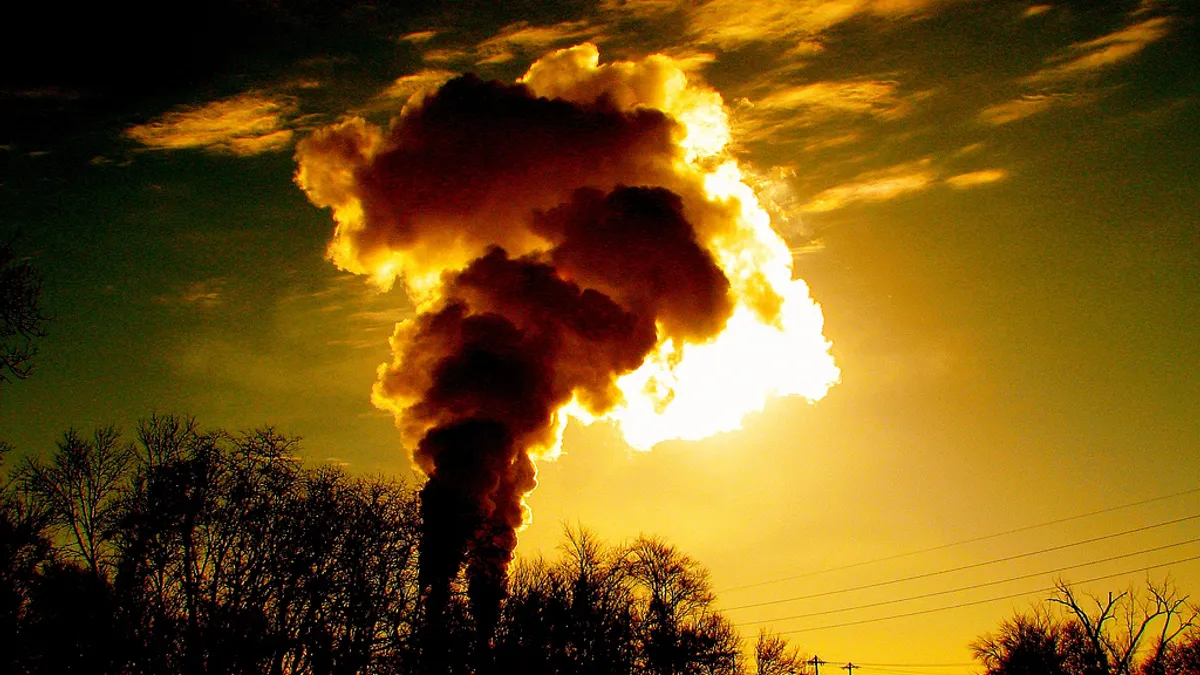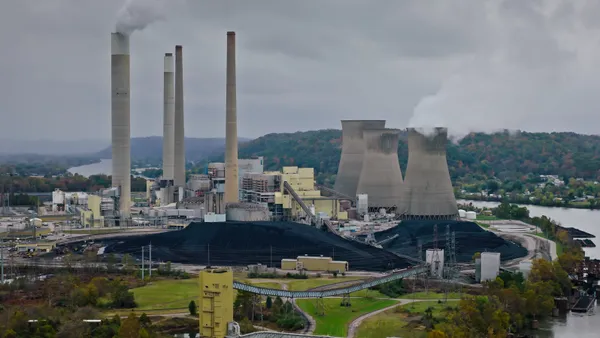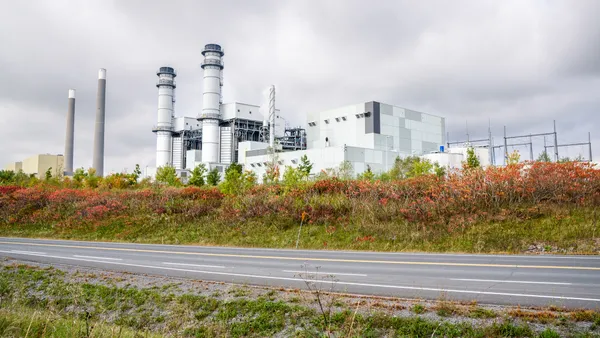Dive Brief:
- Mississippi has joined a host of states opposing the U.S. Environmental Protection Agency's Clean Power Plan, ClimateWire reports.
- Some 27 states have filed a variety of legal challenges, while another 18 have petitioned the courts in support of the rule. Only four states have remained neutral.
- Despite opposition in many states to the government's plan to reduce greenhouse gas emissions 32% nationwide by 2030, almost all states are developing compliance strategies.
Dive Insight:
Yet another state has joined in opposing President Obama's signature climate legislation. But according to ClimateWire, the legal fight is proceeding alongside efforts to comply – even if those efforts are not being publicized.
"I think many of them are proceeding ahead even if it's only the umbrella of Plan B, and I think that's wise," Regulatory Assistance Project's Ken Colburn told the news source. Colburn is a principal at RAP, which is advising state regulators on the climate plan.
"Most are having stakeholder meetings, and certainly the discussions between [public utility commissions] and air regulators are well under way now since even before the proposed rule," Colburn said. "I think those developments are proceeding as though they are going to be necessary without any advertising."
In total, states opposed to the rule include: Alabama, Arizona, Arkansas, Colorado, Florida, Georgia, Indiana, Kansas, Kentucky, Louisiana, Michigan, Mississippi, Missouri, Montana, Nebraska, New Jersey, North Carolina, North Dakota, Oklahoma, Ohio, South Carolina, South Dakota, Texas, Utah, West Virginia, Wisconsin and Wyoming.
The largest lawsuit includes at least two dozen states and is being led by West Virginia.
The 18 states filing to defend the plan include: California, Connecticut, Delaware, Hawaii, Illinois, Iowa, Maine, Maryland, Massachusetts, Minnesota, New Hampshire, New Mexico, New York, Oregon, Rhode Island, Vermont, Virginia and Washington. The District of Columbia, Chicago, New York City and Philadelphia have also signed on.
There had been talk of ignoring the Clean Power Plan – Senate Majority Leader Mitch McConnell (R-Ky.) had urged states to refuse to file plans – but that strategy appears to have little traction. Extensions will be easy for states to acquire, and many are already on the way to complying. According to a report issued over the summer by the Union of Concerned Scientists, even without the CPP, some 31 states were at least halfway to compliance with 14 fully on track.
Even Texas, traditionally not a fan of the EPA, is looking at strategies.
"We are looking at all options," Texas Commission on Environmental Quality chief Bryan Shaw told ClimateWire. "As part of our efforts to suggest that a [court-ordered] stay would be appropriate is recognizing that in order to fully understand this rule, we're having to go forward as if we're going to submit a plan, as if we're not going to submit a plan, as if there's going to be a request for an extension, so we are working to work through all that."













